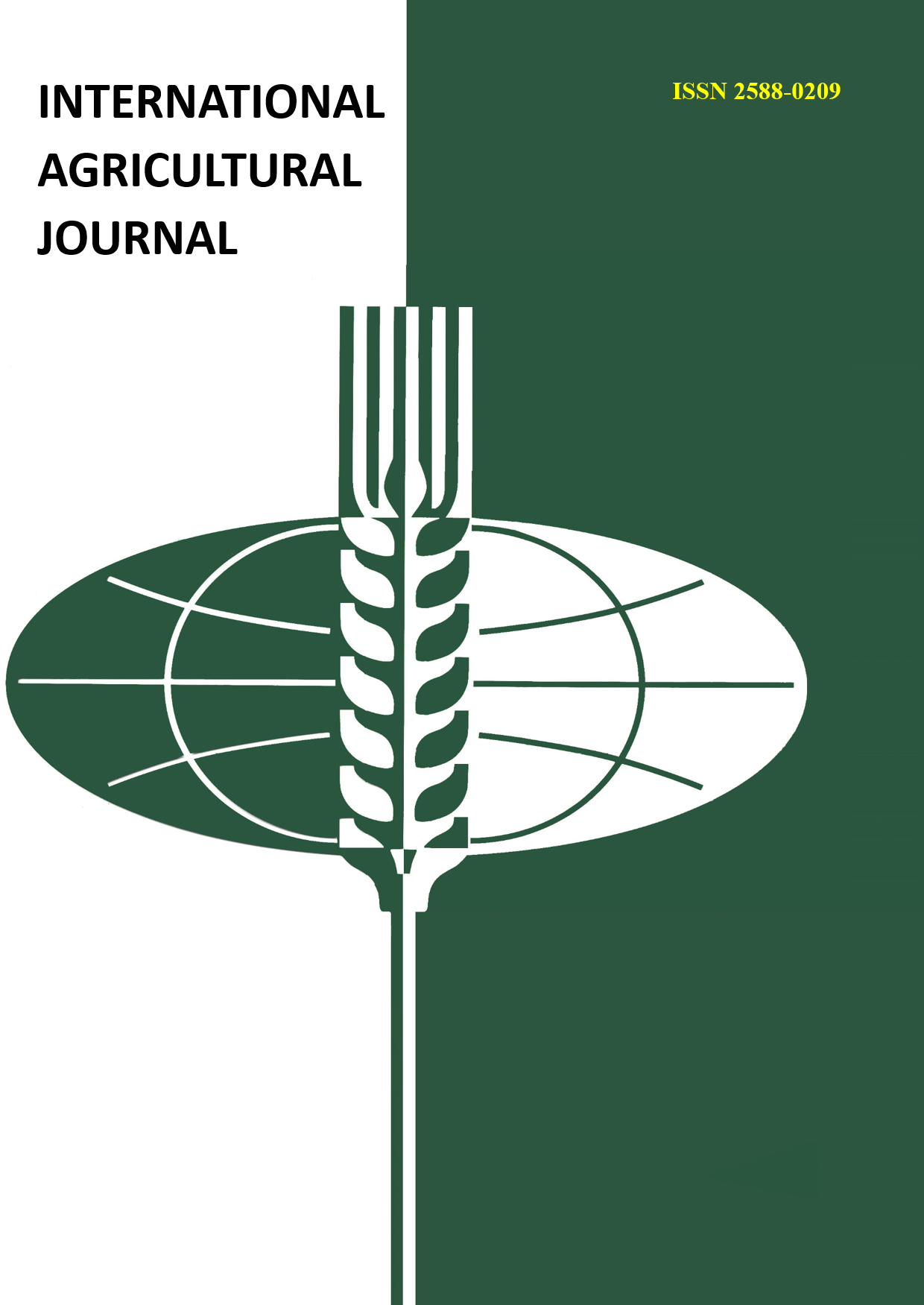Functional zoning is considered as a tool for the development of planning documents for the use of agricultural land, ensuring the integration of administrative, legal and economic functions of land management on the principles of effective use and reproduction of the agro-resource potential of territories within the boundaries of legally permitted types of economic activity. A zoning algorithm is proposed, using the value of the standard yield for a group of cereals as a criterion for the value of agricultural land in agricultural production. The substantiation of the parameters of the functional zone suitable for arable land is carried out on the basis of forecasting the relationship of uncontrolled natural and controlled economic factors in ensuring reproduction processes, the criterion of which is the normative level of profitability of production. In order to allocate a zone of particularly valuable productive agricultural land as part of arable land, a standard yield value is proposed that meets the conditions of a 75% probability interval for maintaining profitable grain production, with characteristic weather risk parameters. In the Saratov region, this criterion is met only by the soil and climatic conditions of the 1st and 2nd agro-climatic subzones of the Right Bank with a standard grain yield exceeding 2.32 and 2.43 t/ha, respectively.
plodorodie, sel'skohozyaystvennye ugod'ya, pashnya, normativnaya urozhaynost', zonirovanie, rentabel'nost', pogodnyy risk














